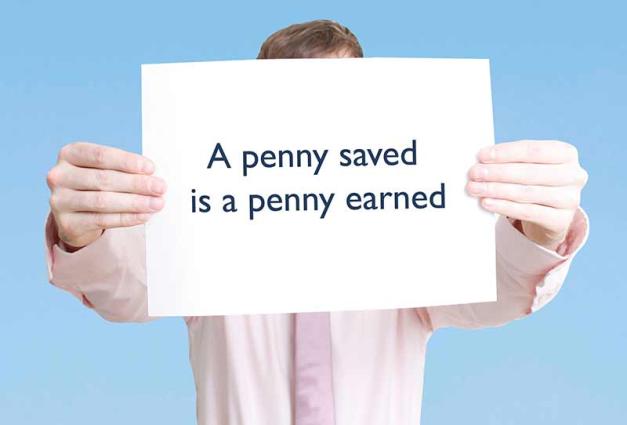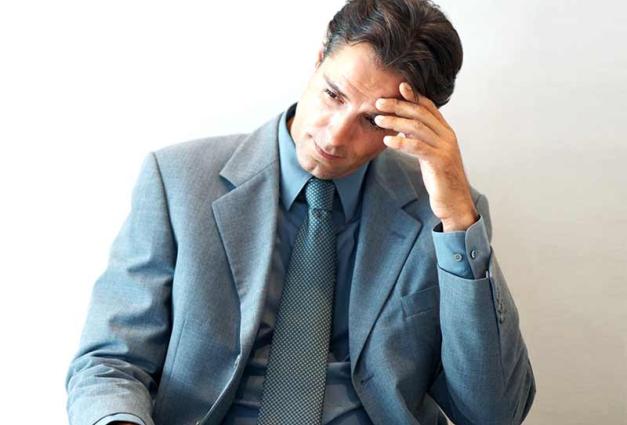If you made a decision and took an action that harmed someone, how bad would you feel? If you took the same action and caused the same harm, but your boss had told you to do so, would you feel better or worse?
Our recent research asked this fundamental question: how making a decision oneself versus “just following orders” impacts a person's feelings of culpability for the result of their action.
We were particularly interested in situations with moral tradeoffs, where neither option is objectively better, but rather both options have positives and negatives. Given that there is not an objectively “better” or “correct” choice among the options, it is not clear how decision makers will feel about having made this tough choice.
An example of such a moral tradeoff is the classic “trolley problem.” If a runaway trolley is going to crash and kill the five people aboard, should you sacrifice a bystander by pushing him in front of the trolley, in order to stop the trolley and save the five aboard? We adapted this classic dilemma to reflect a modern and real-world problem: programming self-driving vehicles.
In one experiment, participants imagined they were programming a self-driving car and needed to decide how it would behave if it were involved in an accident with pedestrians. Would the self-driving car protect the rider at the expense of the pedestrians, or would the car protect as many pedestrians as possible, even if it meant sacrificing the rider?
One group imagined they had to choose, and we then asked them how culpable (how responsible, guilty, and regretful) they would feel if they found out years later the car was involved in an accident where, due to their programming decisions, some people had died.
Another group imagined that the CEO of the company told them how to program the self-driving car, which was later involved in the same fatal accident. They were not given a choice but were assigned a decision by the CEO. They then answered the same questions about their feelings of culpability.
Which Participants Felt Worse?
We thought that making the decision yourself would lead to feeling more culpable. But we were surprised to discover the opposite! Consistently, participants who had to follow their boss’s orders actually felt more culpable than those who made their own choice. This result occurred regardless of which of the two options was chosen/assigned.
What was the cause of such a surprising result? Maybe it was perspective. Maybe it matters whether you are taking the perspective of an outside observer, versus imagining yourself to be the programmer who makes the decision.
To find out, we did two experiments. We found that when judging the culpability of others if a tragic outcome occurred, people assign more culpability to those who made the decision themselves. In contrast, when people imagine that they are the actor, people feel worse about the outcome when just following orders.
This finding is not only relevant to programming systems but can also apply to other real-world decisions that involve trade-offs between options. In another set of studies, we tested scenarios where participants imagined they were a mayor facing a difficult decision about which COVID-19 policy to implement—one that would prioritize either public health needs or the economic needs of the community—and later they learned that their decision had led to the deaths of some residents in their city.
Just like in the car scenario, we found that participants felt worse about the same tragic outcome if they followed a superior's orders (the governor) than if they had made their own decision. Since, for over a year and a half, both governors and mayors have been vying for power to make COVID-19 policy decisions, our experiment’s findings offer interesting insights into how policy makers (and decision makers in general) might feel about the results of policy choices.
To better understand why having a more passive role leads to greater feelings of culpability, we also asked our car scenario respondents why they felt the way they did. Answers such as “I should have pushed back on the CEO” suggest that those who followed orders were imagining a better outcome might have occurred if they had made the choice themselves.
Understanding how tradeoff decisions are made can have serious implications for how society should assign both credit and blame for tragic outcomes. Shedding light on the difference between how we perceive others' culpability and how they actually feel can lead to further research, conversations, and ultimately new approaches to help decision makers make the best possible decisions (even when the tradeoffs are extremely tough) and feel better about those decisions.
For Further Reading
Malter, M. S., Kim, S. S., & Metcalfe, J. (2021), Feelings of culpability: Just following order versus making the decision oneself. Psychological Science, 32(5), 635-645. https://journals.sagepub.com/doi/10.1177/09567976211002821
Maayan Malter is a doctoral student in behavioral marketing at Columbia Business School. Her research focuses on consumer behavior, experience with technology, and environmentally sustainable consumption.
Sonia Kim is a doctoral student in the Marketing Division of Columbia Business School. Her research interest lies in consumer behavior, specifically the positive and negative societal impact of marketing strategies and innovations in the marketplace.
Janet Metcalfe is a professor of psychology at Columbia University.




